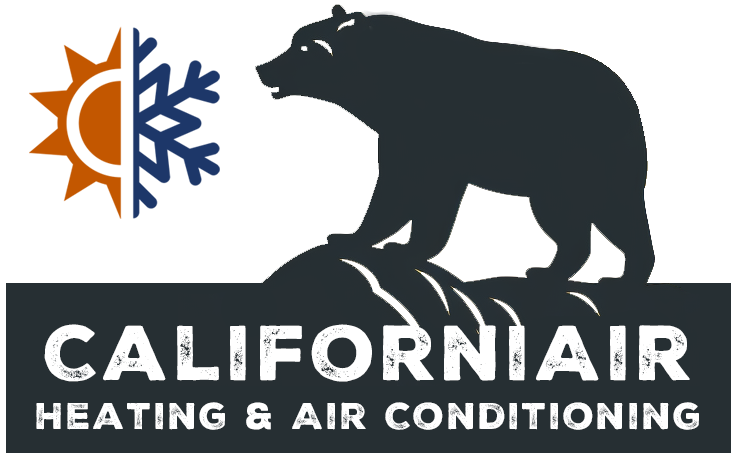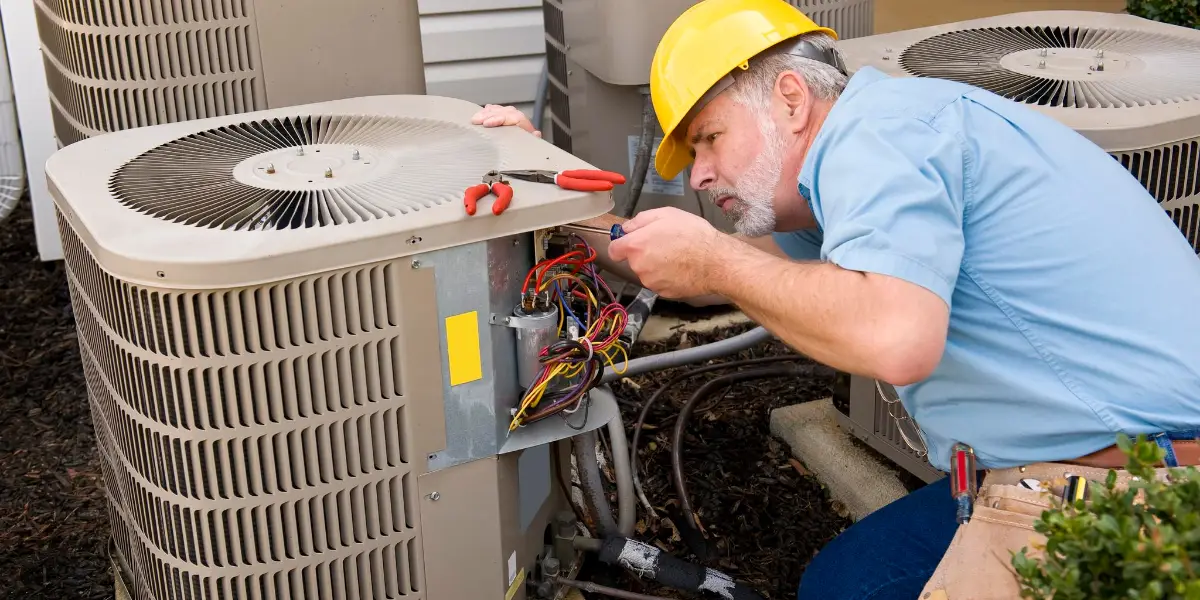Maintaining your HVAC system is essential for keeping your home comfortable, but did you know it can also save you money? Regular maintenance can significantly reduce energy bills, prevent costly repairs, and extend the life of your system. In this blog, we’ll explore the financial benefits of HVAC maintenance and provide tips for keeping your system in top shape.
The Financial Benefits of Regular HVAC Maintenance
Lower Energy Bills
A well-maintained HVAC system runs more efficiently, using less energy to heat and cool your home. When your system is clean and all components are working correctly, it doesn’t have to work as hard to maintain the desired temperature. According to the U.S. Department of Energy, regular maintenance can improve HVAC efficiency by up to 15%.
Tip: Change your air filters every 1-3 months to keep airflow unrestricted and your system running smoothly.
Fewer Costly Repairs
Regular maintenance helps identify and fix minor issues before they turn into major problems. This proactive approach can prevent unexpected breakdowns and expensive repairs. For example, a technician might find a small refrigerant leak during a routine check-up and repair it before it causes compressor failure.
Recommendation: Schedule annual inspections with a professional HVAC technician to catch and address potential problems early.
Extended System Lifespan
An HVAC system that receives regular maintenance can last years longer than one that is neglected. This longevity means you won’t have to replace your system as frequently, saving you money on costly installations.
Fact: According to Energy Star, proper maintenance can extend the life of your HVAC system by several years.
Key Maintenance Tasks to Save Money
Regular Filter Replacement
Dirty filters can restrict airflow and force your HVAC system to work harder, increasing energy consumption and wear and tear. Replacing filters regularly is one of the simplest ways to ensure your system runs efficiently.
Tip: Use high-efficiency particulate air (HEPA) filters to trap more dust and allergens, especially if you live in a high-pollen area like California’s Bay Area.
Cleaning Coils and Components
Dust and debris can accumulate on the coils and other components of your HVAC system, reducing efficiency and causing the system to overheat. Regular cleaning helps maintain optimal performance and prevents costly repairs.
Recommendation: Have your coils cleaned by a professional during your annual maintenance check-up.
Checking Refrigerant Levels
Low refrigerant levels can cause your system to work harder to cool your home, leading to higher energy bills and potential damage to the compressor. Regularly checking and maintaining proper refrigerant levels ensures your system operates efficiently.
Tip: If you notice your home isn’t cooling as effectively as it used to, it could be a sign of low refrigerant. Contact a professional technician to inspect and refill the refrigerant if necessary.
Inspecting and Cleaning Ductwork
Leaky or dirty ducts can significantly reduce the efficiency of your HVAC system. Ensuring your ductwork is clean and sealed properly can improve airflow and reduce energy consumption.
Fact: According to the U.S. Department of Energy, sealing and insulating ducts can improve HVAC efficiency by up to 20%.
Why Choose CaliforniAir Heating and Air Conditioning?
CaliforniAir Heating and Air Conditioning is committed to providing top-notch HVAC services to residents in Santa Clara County, San Mateo County, Alameda County, San Benito County, Santa Cruz County, and Monterey, CA. Here’s why you should choose us for your HVAC maintenance needs:
- Experience: Our technicians are highly experienced and trained in both residential and commercial HVAC services.
- Comprehensive Services: We offer a full range of HVAC services, including installation, repair, and maintenance for air conditioning, furnaces, ductless mini-splits, and heat pumps.
- Customer-Centric: We prioritize customer satisfaction and strive to provide superior service in every job we undertake.
Regular HVAC maintenance is an investment that pays off in lower energy bills, fewer costly repairs, and a longer-lasting system. By performing key maintenance tasks such as filter replacement, coil cleaning, refrigerant checks, and ductwork inspection, you can ensure your HVAC system runs efficiently and saves you money.
For expert HVAC maintenance, installation, and repair services, contact CaliforniAir Heating and Air Conditioning at (408) 705-8761 or email info@calhvac.com. Let us help you keep your HVAC system in peak condition, ensuring comfort and savings year-round.
Frequently Asked Questions
How does regular HVAC maintenance reduce energy bills?
Regular HVAC maintenance ensures that your system operates at peak efficiency. Cleaning and servicing components like filters, coils, and ducts reduce the energy your system requires to maintain your desired indoor temperature. A well-maintained system runs more smoothly and consumes less power, which directly translates to lower energy bills. According to the U.S. Department of Energy, a properly maintained HVAC system can improve efficiency by up to 15% (source).
Can regular maintenance prevent costly repairs?
Yes, regular maintenance can prevent costly repairs. During routine inspections, HVAC technicians can identify and address minor issues before they become major problems. This proactive approach helps to avoid unexpected breakdowns and expensive emergency repairs. Regular maintenance also extends the lifespan of your HVAC system components, reducing the frequency and cost of replacements.
How does maintaining my HVAC system extend its lifespan?
Regular maintenance helps keep all parts of your HVAC system in optimal condition, reducing wear and tear. Components that are clean, well-lubricated, and properly adjusted are less likely to experience stress and breakdowns. By ensuring your system runs efficiently and effectively, maintenance reduces the strain on critical parts, thereby extending the overall lifespan of your HVAC system. A longer-lasting system means you won’t need to invest in a new unit as frequently, saving you significant money over time.

